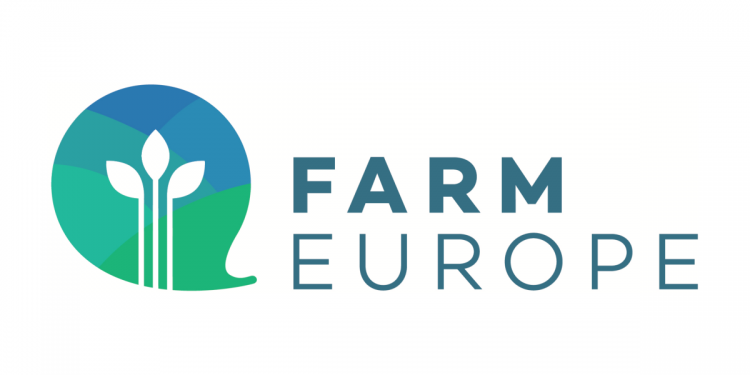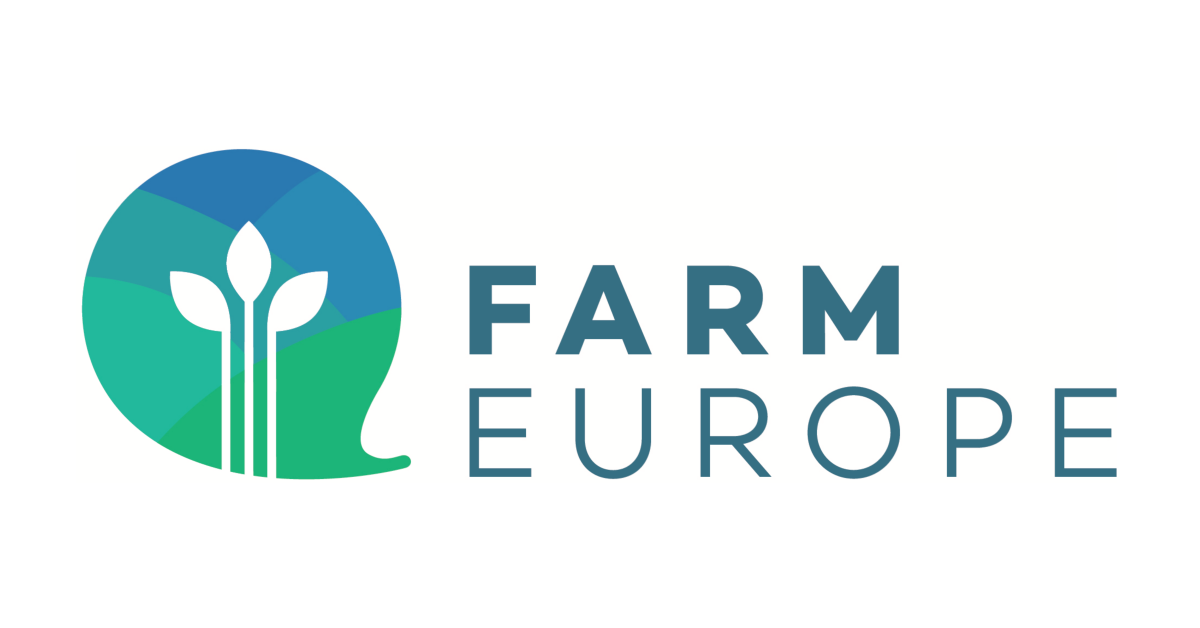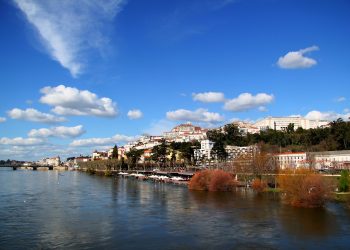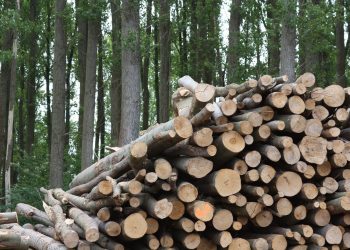Farm Europe did not wish to comment on the failure of the negotiations last week, and to add its own accusations to the hubbub of sterile invective on social media. These accusations do nothing to facilitate the search for a compromise. The visibly sincere and measured reaction of the Chairman of the Agriculture Committee, Norbert Lins, calling on each of the institutions to examine its responsibility for the failure, rings true.
Beyond the angry tweets, the search for an ambitious compromise that is useful for both society and farmers cannot be achieved by posturing, as some NGOs can afford to do. The CAP has a direct impact on the lives of millions of farmers, on our complex ecosystems and on our food. It deserves more than a slogan, and must be translated into concrete tools and actions. We cannot afford a hazardous compromise that looks like a continent-wide experiment, putting our food at stake.
It is therefore useful to look at the reasons for the failure and to try to find ways of enabling the emergence of a solid and useful compromise for the Union.
First of all, it is necessary to go back to the sources of the initial proposal and, before accusing anyone, think of those who are no longer around the table! The proposal under discussion has a number of strengths, but also a number of weaknesses that explain a large part of the blockages and difficulties today. Indeed, how can we forget that many of the key parameters of the green architecture were simply a blank page in the proposal? Unusually, it is up to the co-legislators themselves to define the key orientations, to rebuild the basis of the environmental baseline of the CAP through the parameterisation of the good agri-environmental practices required from farmers and to give consistency to the eco-schemes, which were initially an empty box. The Commission intended to defer these elements to its sole prerogative during the examination of national strategic plans, which it would have validated (or not) according to undefined or non-public criteria. Nonetheless such a bureaucratic approach for important elements should not be acceptable. It would mean leaving the decision to the free will of the Commission. Ministers cannot be left in a state of uncertainty about parameters that affect whole areas of their agriculture. Furthermore, can the European Parliament, as co-political leader, accept not having visibility and relying only on the intentions from theCommission’s administration? The Common Agricultural Policy calls for political decisions. Formulating such decisions during the course of negotiations, when the institutions that hold the exclusive right of initiative insufficiently prepare them, is naturally not easy.
Secondly, it should be remembered that the CAP is now under co-decision, which some of those involved in the negotiations sometimes seem to forget. This has several implications. On the one hand, dialogue cannot be based on a bilateral discussion between the Council and the Commission. The co-legislators must assume their political responsibilities, which necessarily require intense negotiations and direct engagement between the Council – the Presidency – and all the key political forces in the European Parliament, not just the Agriculture Committee. This dialogue has not taken place. The Council has not yet really engaged in direct negotiations with the Parliament. This is now urgent! On the other hand, this means that the Commission does have a role in helping to draft compromises, but this role can no longer be exclusive. We saw this clearly during the last Trilogue: the Commission simply did not want to play this role of facilitator. It engaged in the debate in a partisan and unbalanced way, breaking the trust necessary to fully fulfill this mission. On both the Parliament’s and the Council’s sides, the negotiators must therefore develop their own capacity to draft the most complex legal aspects of the compromises in order to make progress even when the Commission is reluctant or steps out of its role. This capacity is now all the more necessary, as the Commission wants to be a political entity and no longer a technical one as was the case in the past – the collateral internal effect is also that the Commission sometimes struggle to move away from its initial proposals because of internal discussions. As soon as it is political, the co-legislators must be able to free themselves from it in order to really build compromises by detaching themselves from the initial proposal on certain points.
From now on, it is no longer a time for posturing, but for the search for balanced and strong solutions that take into account the diversity of local realities. It is a question of shaping the Green Deal into concrete actions and not into incantations, of translating objectives into concrete paths. Each Member State must be placed on a path of progress and not confronted with unrealistic objectives that lock the CAP into a dead end. For, in the end, such a scenario would vindicate those who call for a complete overhaul of the CAP, without regard to the results on the ground. The environment and economic profitability must go hand in hand even though the two can coexist perfectly well through investments and innovation that will enable the transformation of production systems. But at this stage, certain compromises seem to sacrifice economic sustainability to environmental objectives. Impoverishing the agricultural world will not help the environment, on the contrary.
The negotiations now revolve around a very limited number of points that embody how to shape the Green Deal: GAEC 8 and 9, the means allocated to eco-schemes, the capacity to invest in the economic and ecological transition of farms through budgetary earmarking of part of the Second Pillar, guarantees regarding the proper respect of social rights, the means allocated to risk and crisis management; all of this, combined with internal and external convergence of direct payments, should be feasible for the Member States, given the cumulative impact of the budget cuts and financial reallocations associated with the new CAP.
The Green Deal will have to demonstrate through the CAP that it can lay the foundations for economic, environmental and social sustainability.
O artigo foi publicado originalmente em Farm Europe.





















































Discussão sobre este post